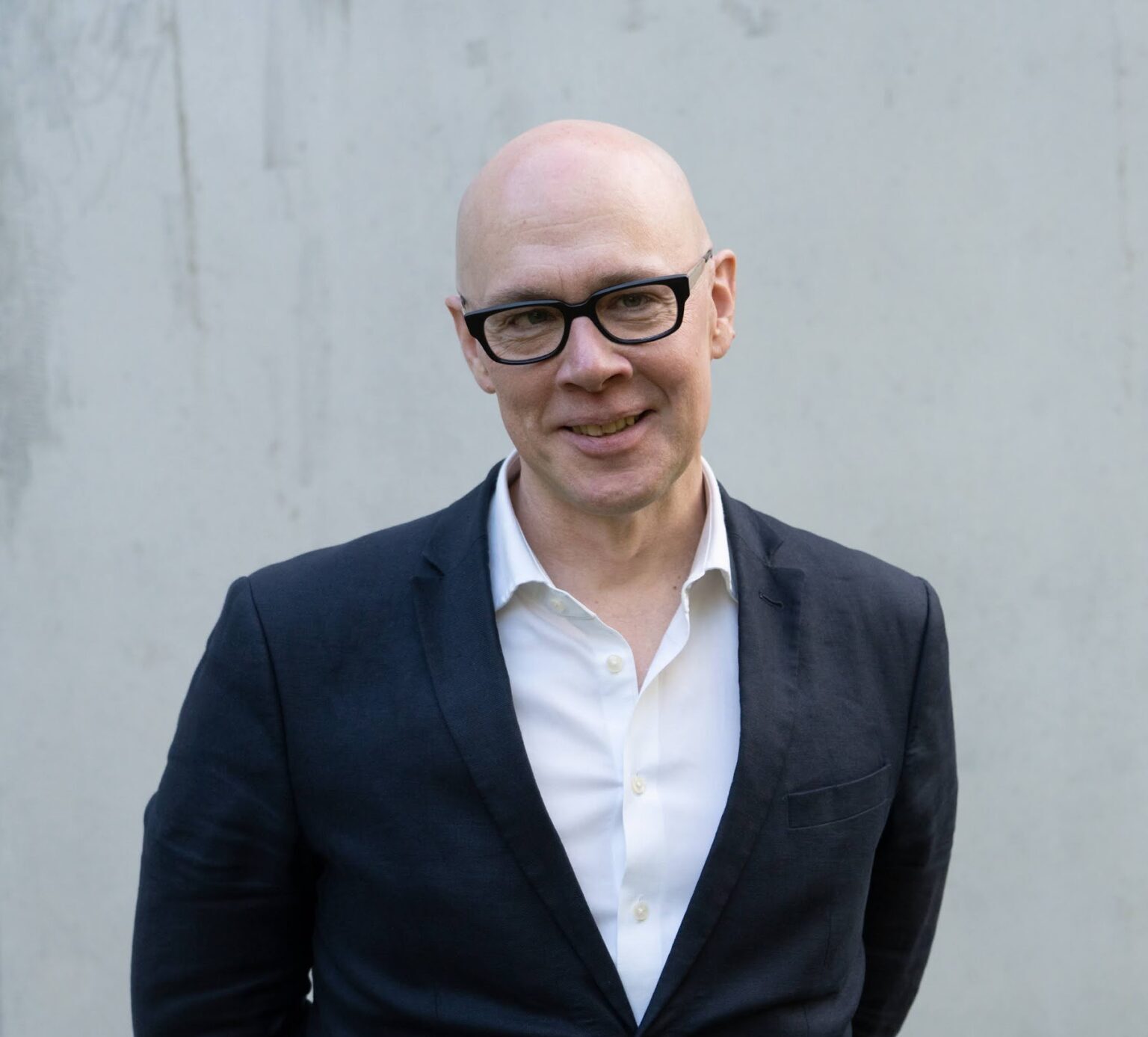We all want to feel informed and in the loop, which is why we spend so much time and attention on the news. Sometimes we engage with it in a calm and thoughtful way—but for many, it becomes more of a habit, something to pass the time. Sitting on the bus (or the toilet)? Might as well scroll through the news feed. You’re not doing anything important anyway, right? An efficient way to stay updated?
The desire to stay informed is part of our nature. But it comes at a cost.
The obvious one is that the news tends to focus on negative or traumatic events, and over time, this can affect our mental health. Studies have shown that exposure to negative news increases feelings of anxiety, depression, and stress—and can even affect physical health, contributing to high blood pressure and cardiovascular issues.
We’re drawn to conflict and exaggeration. We like to get the news as it happens, piece by piece. But the pieces keep coming. We’re left trying to complete a puzzle that never ends. Are we actually informed? Often, we don’t really understand what happened until long afterward—by which point it’s no longer breaking or exciting.
Many of us fill our days to the brim, including with news, especially during the spare moments in between. But if you live a high-paced life, should you really be using your pauses for something that ramps up your stress?
Your moments of downtime should be moments of recovery.
That sounds simple—but most people don’t like being understimulated, especially those already saturated with stress hormones. Not picking up your phone during a ten-minute bus ride may be a bigger challenge than it sounds.
I stopped following the news seven years ago, and it’s brought me many benefits. I feel better—and I still consider myself well informed overall. Sure, I miss out on the occasional trending topic, but those things rarely matter in the long run. I don’t feel like I’m missing anything.
Quitting the news entirely may feel too extreme for many. But since we’re clearly affected and stressed by it, there’s good reason for everyone to at least reflect on their relationship with news.
One place to start is allowing yourself those uncomfortable little micro-pauses—on the bus, or wherever they appear. Let your brain be understimulated now and then.
Another approach is to schedule a fixed news window each day. That way, you still have a chance to stay updated if you feel you need to—but for the rest of the day, your attention is free to focus on things that matter more.
Give yourself enough real rest, and you’ll feel better and have more energy for everyday life.
You deserve that.
